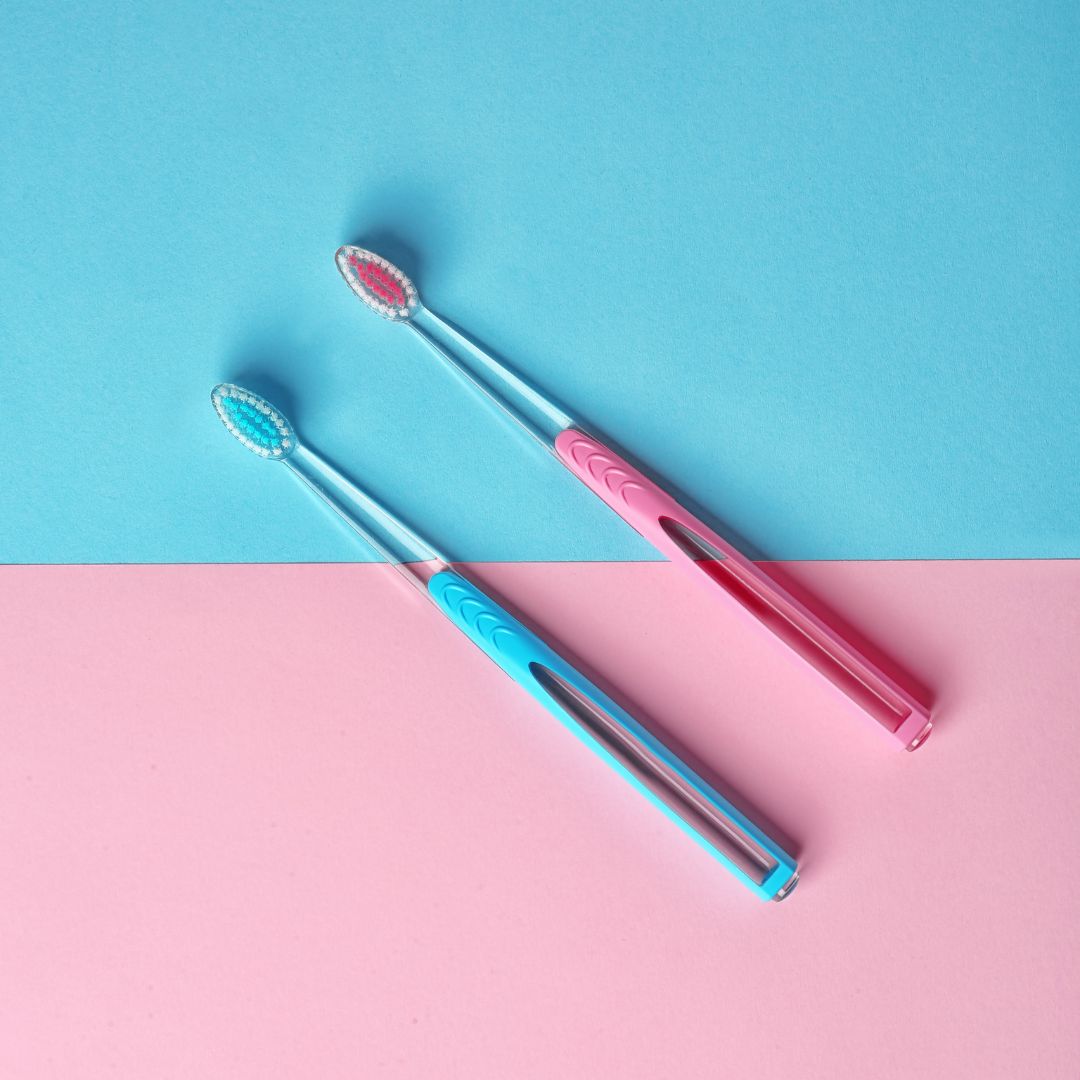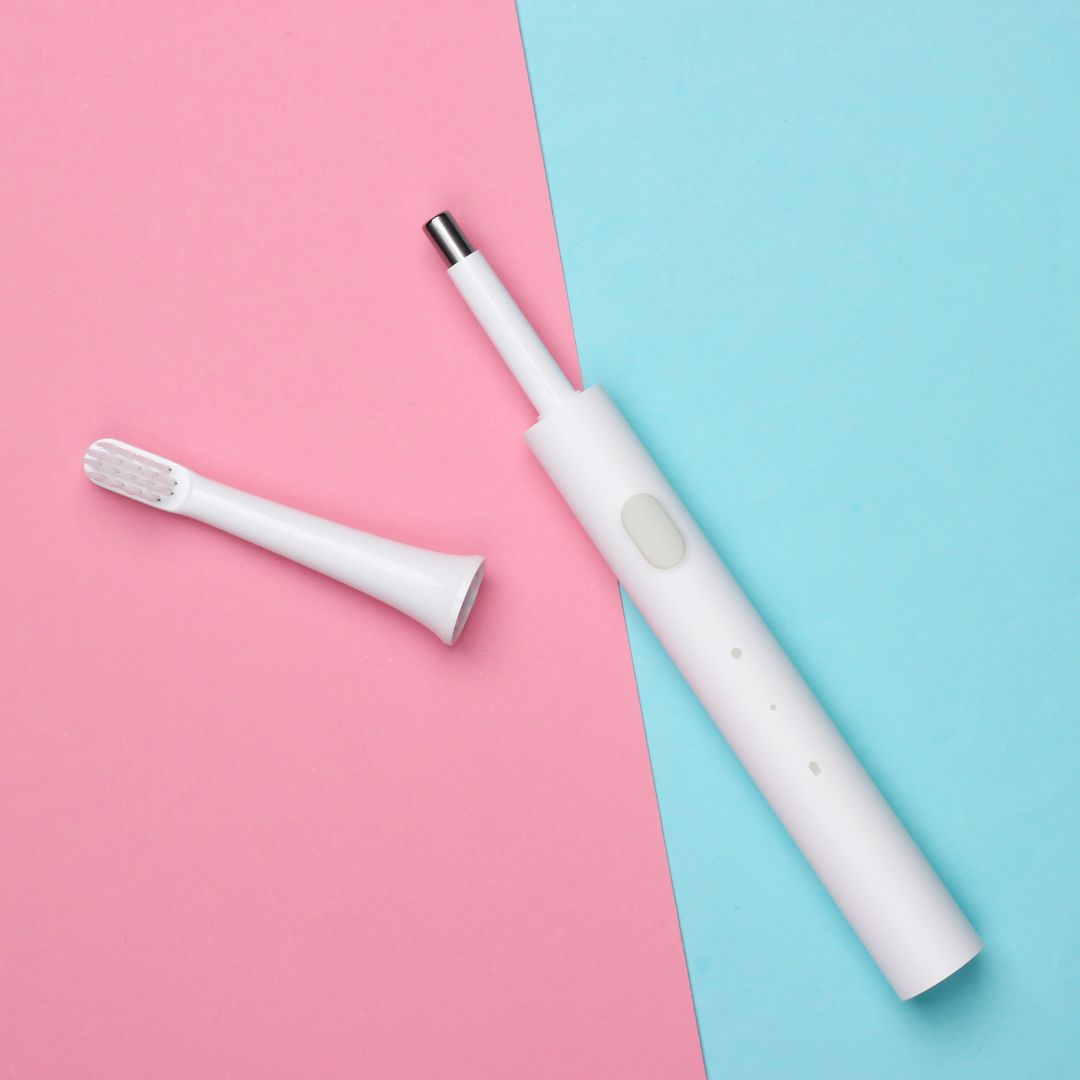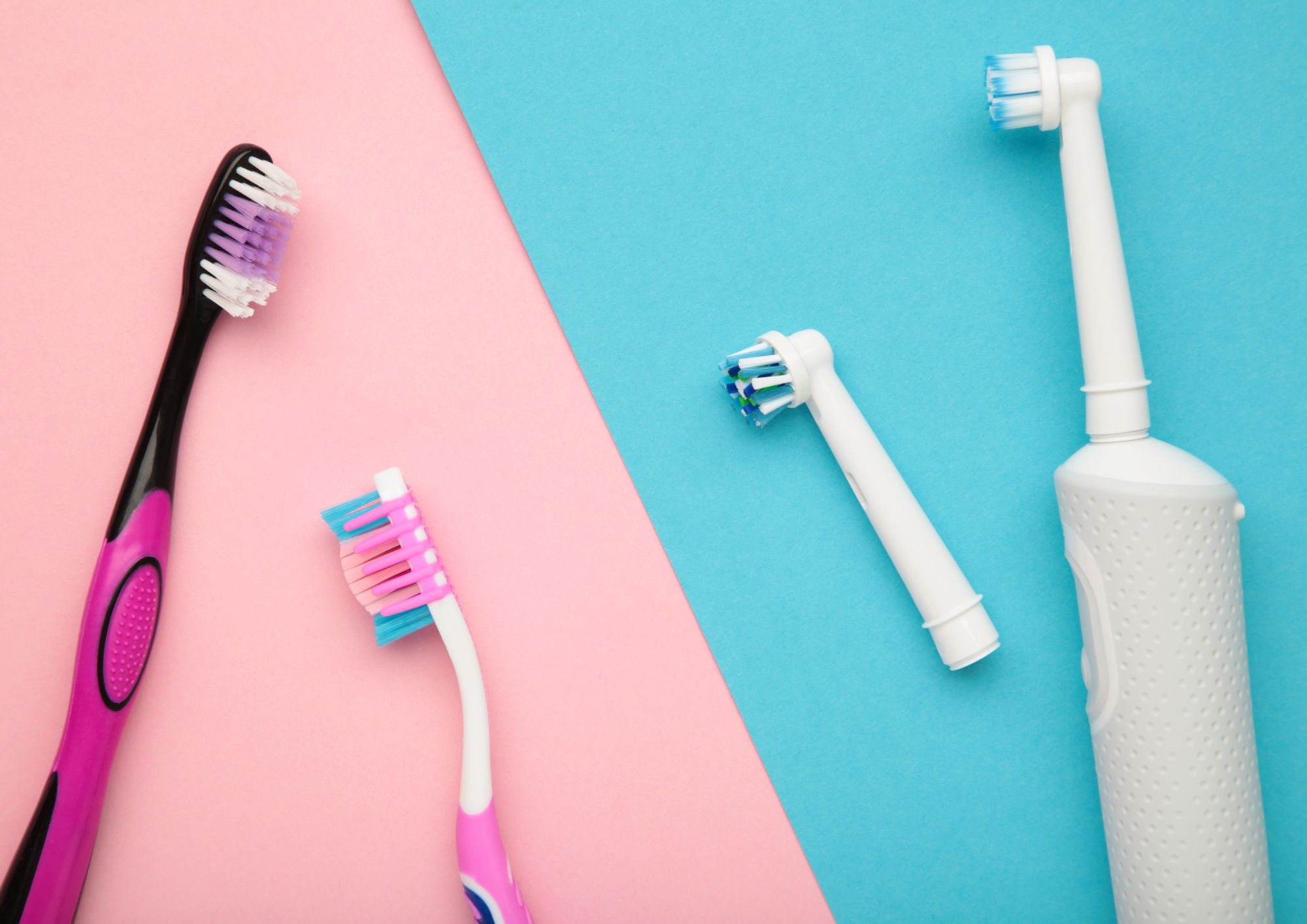
Maintaining good oral hygiene is important for keeping your teeth healthy and your smile bright. Brushing your teeth twice a day is an essential part of good oral hygiene. When it comes to toothbrushes, there are two options available: manual toothbrushes and electric toothbrushes. In this blog post, we will discuss the pros and cons of both types of toothbrushes to help you make an informed decision about which one is right for you.
Manual Toothbrushes
Manual toothbrushes have been around for a long time, and they are still a popular choice for many people. Here are some of the pros and cons of using a manual toothbrush:
Pros:
– Cost-effective: Manual toothbrushes are generally less expensive than electric toothbrushes.
– Easy to use: Manual toothbrushes are simple and straightforward to use, making them a great choice for children and adults alike.
– Easy to travel with: Manual toothbrushes are small and lightweight, making them easy to pack for travel.
Cons:
– May not clean as effectively: Some people may not brush their teeth as thoroughly or for as long with a manual toothbrush, which can result in less effective cleaning.
– May require more effort: Manual toothbrushes rely on the user to provide the necessary brushing pressure and motion, which can be tiring for some people.
– Limited features: Manual toothbrushes don’t offer any advanced features like timers or pressure sensors


Electric Toothbrushes
Electric toothbrushes have become increasingly popular in recent years due to their advanced features and perceived effectiveness. Here are some of the pros and cons of using an electric toothbrush:
Pros:
– More effective cleaning: Electric toothbrushes are often more effective at removing plaque and keeping teeth clean than manual toothbrushes.
– Built-in features: Many electric toothbrushes come with built-in features like timers, pressure sensors, and multiple brushing modes, which can help ensure effective cleaning.
– Less effort required: Electric toothbrushes do most of the work for you, which can be beneficial for those with mobility issues or arthritis.
Cons:
– More expensive: Electric toothbrushes can be significantly more expensive than manual toothbrushes.
– Charging required: Electric toothbrushes require charging, which can be inconvenient if you forget to charge it or if you’re traveling.
– May be too powerful: Some people may find electric toothbrushes too powerful, leading to discomfort or even damage to teeth and gums.
Conclusion
Ultimately, the choice between a manual toothbrush and an electric toothbrush comes down to personal preference and individual needs. If cost is a concern, or if you prefer a simple and straightforward approach to brushing, a manual toothbrush may be the best choice for you. If you’re looking for more advanced features and more effective cleaning, an electric toothbrush may be the better option.
Regardless of which type of toothbrush you choose, the most important thing is to brush your teeth thoroughly and regularly. Be sure to brush for at least two minutes twice a day, and don’t forget to floss! To learn more about oral hygiene and the benefits of different types of toothbrushes, check out the following resources:
- American Dental Association: Toothbrushes
- Oral-B: Manual vs Electric Toothbrushes
- Colgate: Manual vs Electric Toothbrushes: Which is Better?


Leave A Comment